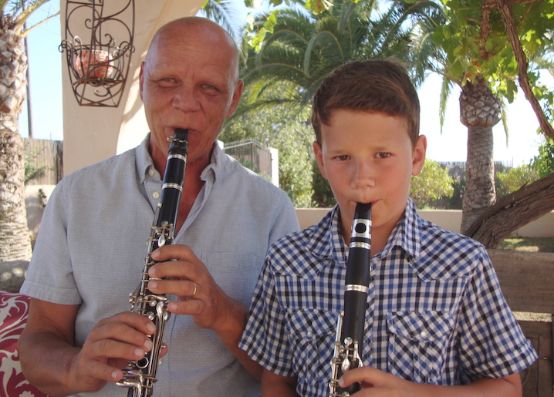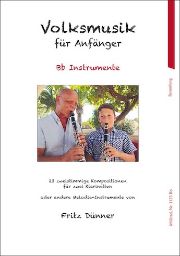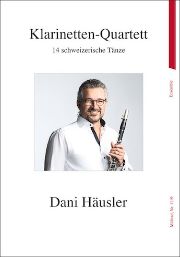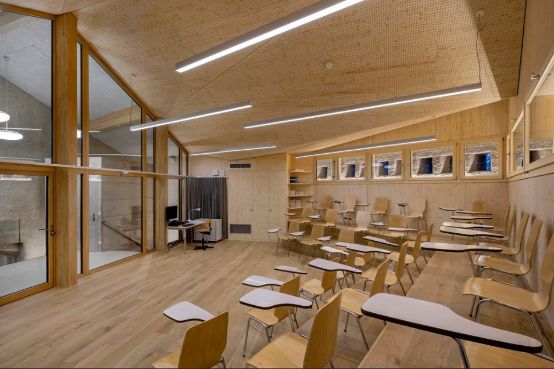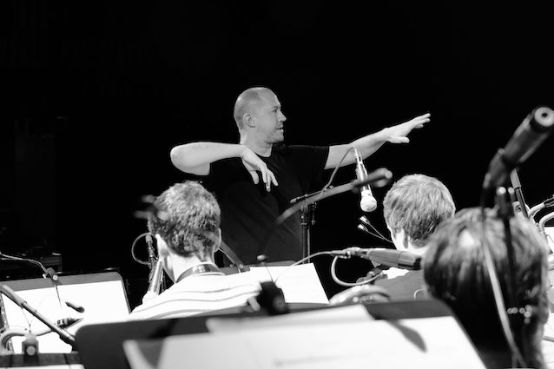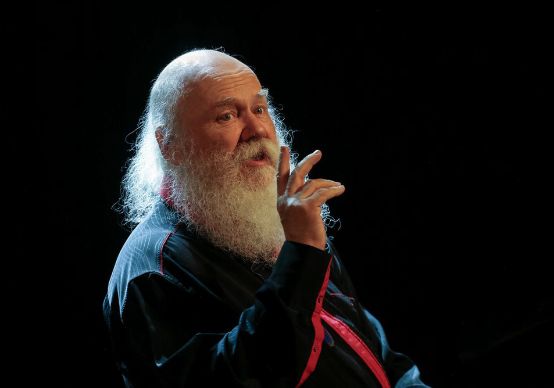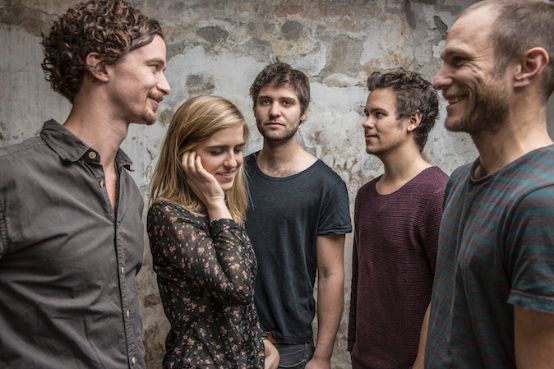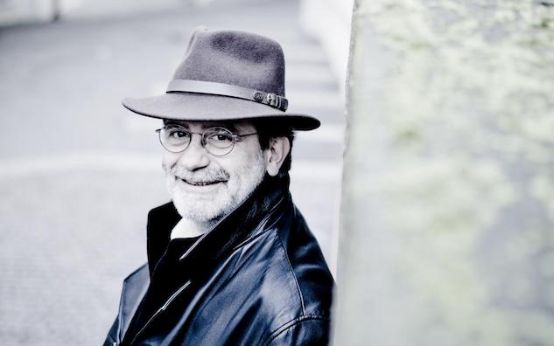Many Beethoven biographers once looked with embarrassment at the score of Wellington's victory or the Battle of Vittoria op. 91 - according to Alfred Einstein, it would even be "the low point in his oeuvre". Success and popularity made the musical battle painting (consisting of the two "sections" Battle and Victory Symphony) appear suspicious, not least because of its programmatic presentation. The historical context in which the work was composed was lost sight of.
For more than a decade, Napoleon and his troops had been causing unrest in the military and civil society throughout Europe when news of the victory at Vitoria finally reached Vienna on July 27, 1812: Lord Wellington had already put Napoleon's troops to flight near the Basque city on June 21 and ended French rule over the Iberian Peninsula. This success gave the battered coalition forces the courage they needed to win the Battle of Leipzig in October of that year - the beginning of the end for Napoleon.
When Beethoven's Battaglia and Symphony No. 7 were performed for the first time in Vienna's University Hall on December 8 and 12, 1813, not all battles had been fought, but the decisive ones had. This is the only way to understand the prestigious performance and the success of this concert, which was organized to benefit the Austrian and Bavarian soldiers who had been invalided in the Battle of Hanau. The orchestra of around 100 musicians included the best musicians in the city with Schuppanzigh as concertmaster, Beethoven conducted and the applause was said to be "indescribable": "Mr. von Beethoven's fame was established anew; he was received with enthusiasm at every performance." (Wiener allgemeine musikalische Zeitung)
The postlude, however, was inglorious. Beethoven had originally written the Victory Symphony (the second part of the work) for Johann Nepomuk Mälzel's Panharmonica, a sensational mechanical playing machine at the time. However, Mälzel had performed the work with orchestra in Munich without prior consultation and was also in negotiations with London. Beethoven then instigated legal proceedings regarding the rightful authorship and made his claim clear in an outline of the work's genesis.
First he had "of its own accord ... without money" wrote the Victory Symphony for Mälzel's panharmonica. Then he would have approached him with the request for an arrangement "for full orchestra"which was also realized. However, he, Beethoven, had already had the idea for a large battle music beforehand, which could be played musically on the panharmonica. "not applicable" be. Mälzel mistakenly believes that entitlement as a "exclusive owner of this work" to be able to register, since he - as compensation, so to speak "belonging to machines"hearing aids. However, these were "not useful enough for me".
The proceedings were not concluded, and Beethoven and Mälzel apparently later reconciled. Just how long the battle music actually played a role in the public debate is shown by Gottfried von Weber's review of a piano reduction in 1826, in which the Victory Symphony was described as a significant work. "Tonwerk, - in a sound piece of great demands" is called. During his reading, however, Beethoven made a sign right here and made a fragmentary, undecided remark: "not at all, nothing but an occasional piece, which however -"







